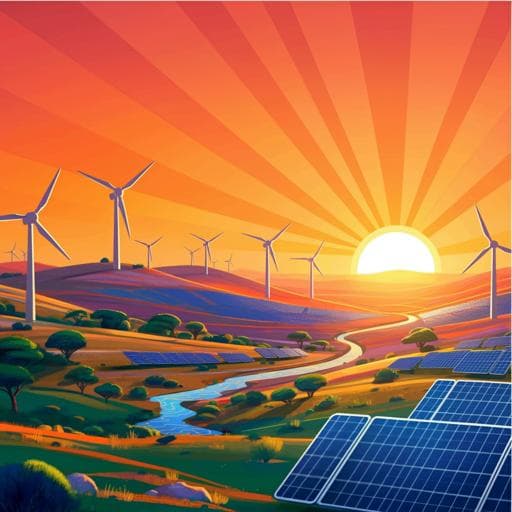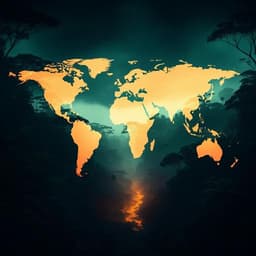
Environmental Studies and Forestry
Avoiding ecosystem and social impacts of hydropower, wind, and solar in Southern Africa's low-carbon electricity system
G. C. Wu, R. Deshmukh, et al.
Explore the potential of low-impact energy sources in Southern Africa! This research by Grace C. Wu and colleagues highlights notable wind and solar capabilities but reveals critical socio-environmental challenges, particularly affecting hydropower. Discover how these findings can inform sustainable energy strategies in the region.
Related Publications
Explore these studies to deepen your understanding of the subject.







